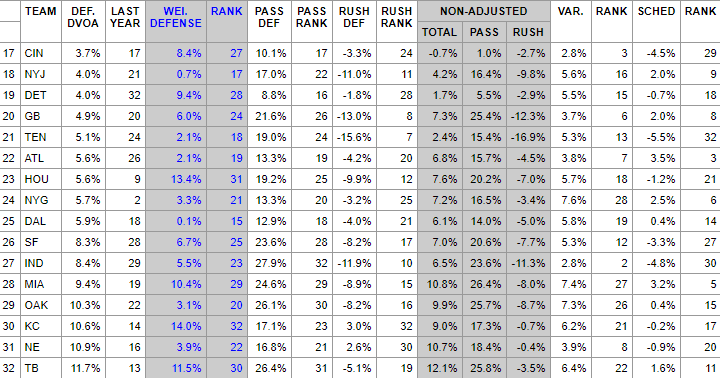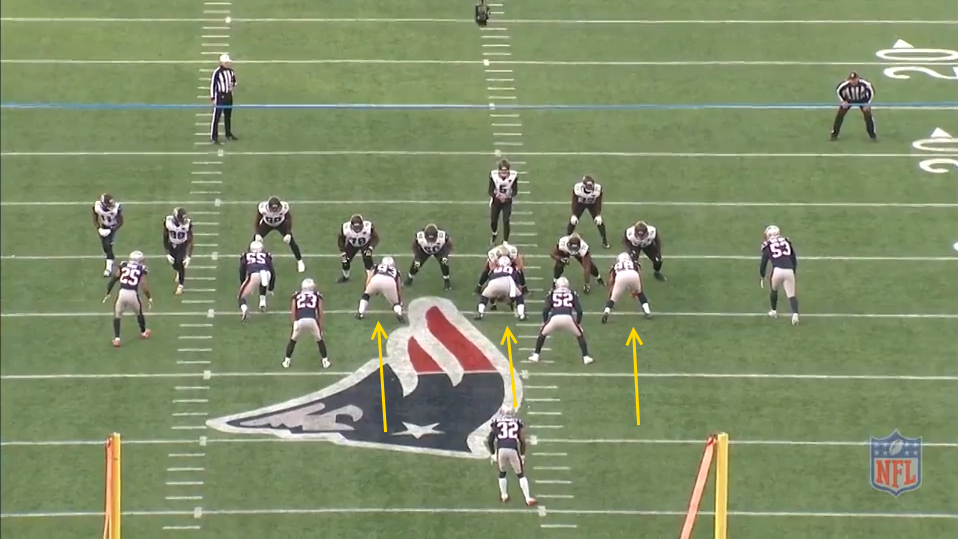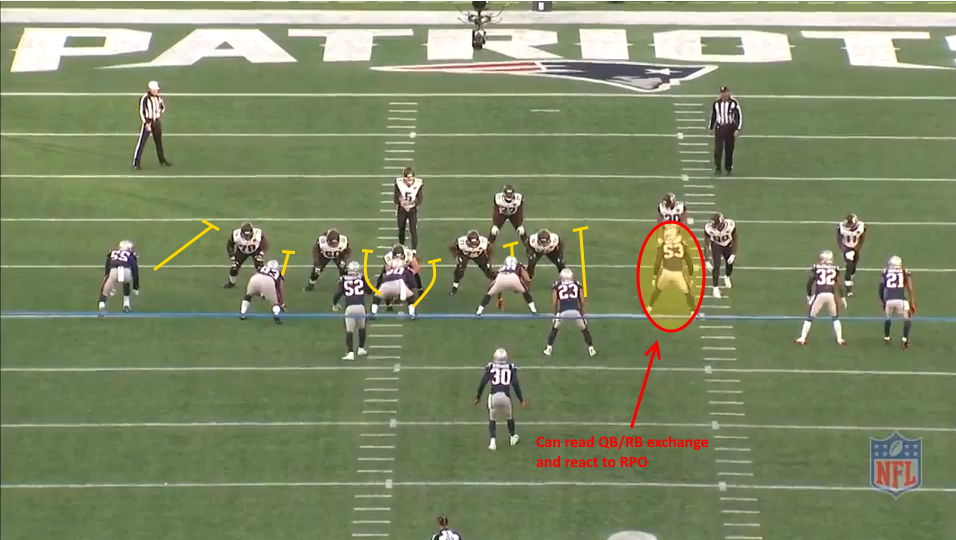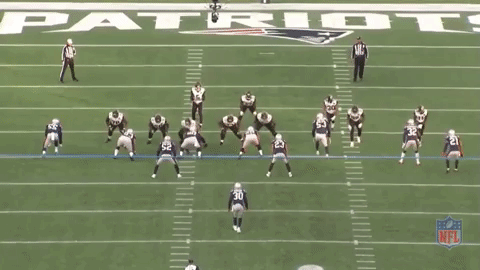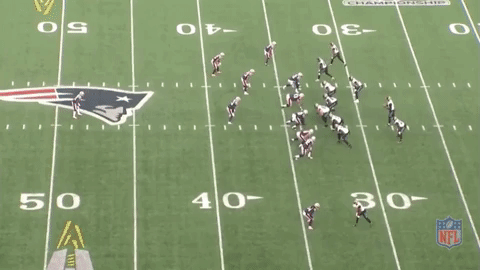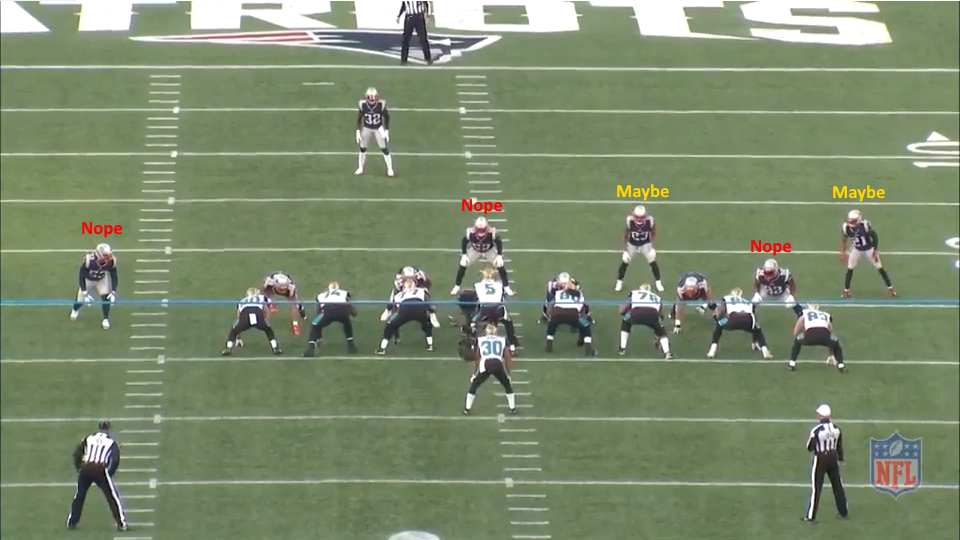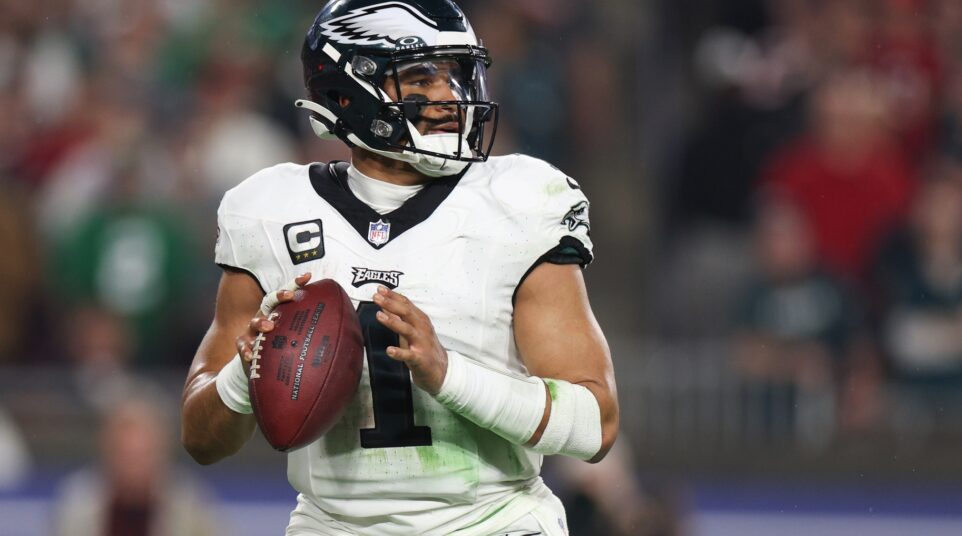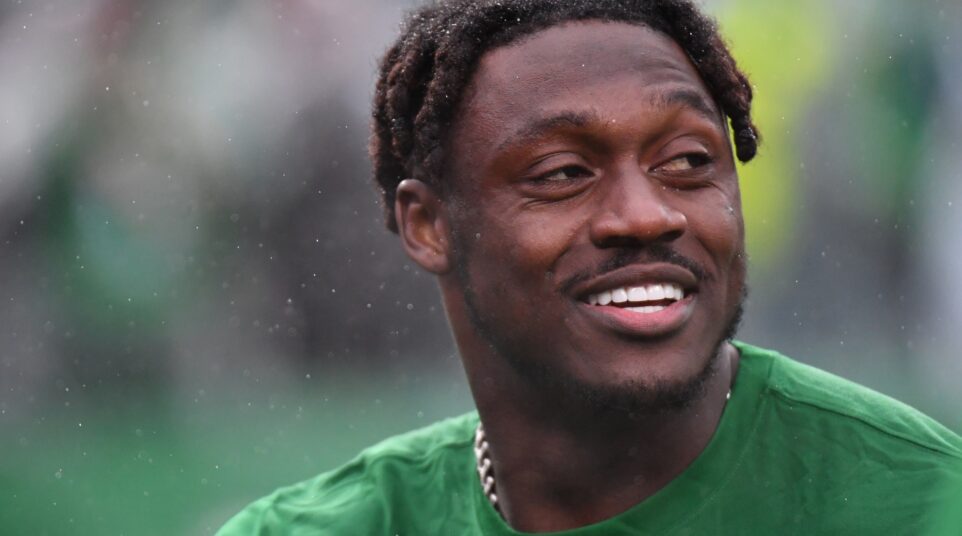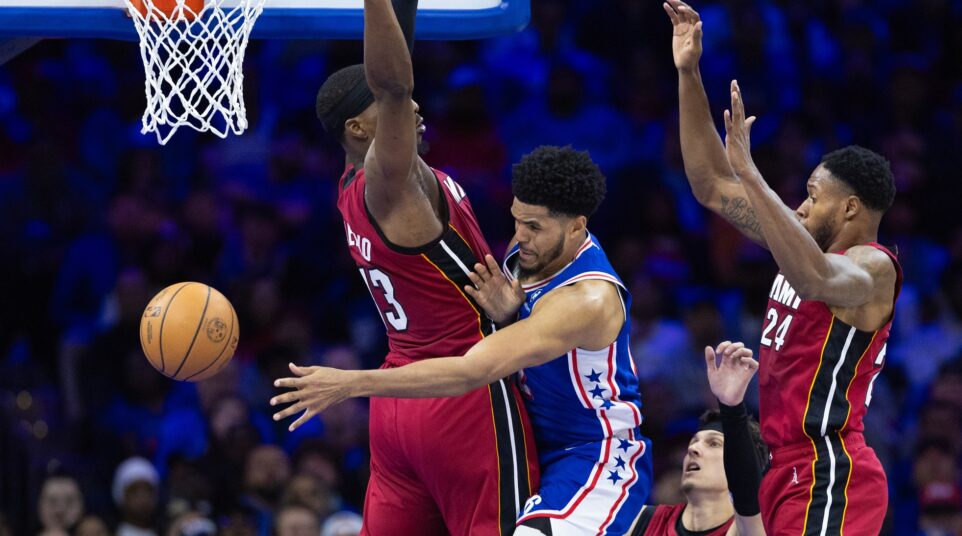
Super Bowl 52: A Look at New England's Defense
This is the fourth and final installment of our Super Bowl 52 preview (I still can’t believe I’m writing these words).
If you missed the first three parts, Kevin Kinkead broke down the Patriots’ special teams and offense, then went into some of the miscellaneous info surrounding the game:
Super Bowl 52: A Look at New England’s Special Teams
Super Bowl 52: A Look at New England’s Offense
Super Bowl 52: Advanced Stats, Climatology, and Questionable Officiating
I’ll look at the Patriots’ defense and how the Eagles can attack it. Let’s hit it.
One thing is for sure about this Patriots’ defense; it’s nowhere close to the one the Eagles faced in Super Bowl 39. Statistically speaking, New England is ranked 31st in Defense-adjusted Value Over Average (DVOA), a stat developed by FootballOutsiders.com to measure a team’s overall efficiency.
They do have one thing that can sometimes level the playing field, though, and that’s Bill Belichick.
As much as we all love to hate him, Belichick is one of the best coaches in NFL history, but what makes him so unique is actually quite simple. He can scheme and game plan with the best of them, but it’s his masterful ability to understand the strengths and weaknesses of his players that makes him so great.
When players go to New England and suddenly have success or leave and drown, the popular theory is that Belichick somehow makes them better, as if he goes into player settings and turns their speed and awareness up by ten points. The truth is, the players don’t actually get better under Belichick, he just uses them correctly.
When Patrick Chung signed with the Eagles in 2013, he was asked to play as their primary deep safety and had a ton of responsibility in Billy Davis’ system. He was exposed. Since returning to New England, his role has been much different. He spends most of his time down in the box playing the run or being used as a tight end matchup specialist. He is actually very good in this role.
Most coaches know the strengths and weaknesses of their players, but don’t actually change their responsibility to accommodate them. Most coaches don’t want a safety that just plays the run and bullies tight ends.
Belichick, on the other hand, sees the value in those strengths and then looks to supplement that talent elsewhere on the roster with complementary skill sets. While the rest of the league looks for potential, Belichick looks for players he knows can execute in smaller roles. Chung may not be a great free safety, but he is great in the small role he plays.
When all 53 players on your roster are really good in limited roles, the whole can be much greater than the sum of its parts.
This is part of the reason why the Patriots have had so much success. Granted, this probably doesn’t work nearly as well when you don’t have Tom Brady at quarterback, but luckily for the Patriots, they do.
Taking away the best option
At this point, the “Belichick likes to take away what you do best” narrative has gotten a little out of control. You can say that about every defensive coordinator in the NFL.
So, what will Belichick and Matt Patricia look to take away from the Eagles?
From a matchup standpoint, they probably feel pretty comfortable with their outside corners matching up on Alshon Jeffery and Torrey Smith. They probably don’t feel quite as good about handling the Eagles run game though.
New England’s run defense this season ranked 30th in DVOA. Not great. As a result, though, Patricia puts great effort into mixing up his defensive fronts and looks to gain a strategic advantage with personnel match ups. New England is given a 3-4 defensive label by default, but they are far from just a 3-4 team. They will put anywhere from three to six players up on the line of scrimmage.
This is a look they will show often when they are expecting run.
Notice the three defensive tackles line up over the center and two guards. This is referred to as a Bear front and is notoriously difficult to run against because it eliminates the opportunity for the offensive line to get double teams. It also makes it difficult for them to get up to the second level onto the linebackers.
This could present a challenge for Jason Kelce, Brandon Brooks and Stefan Wisniewski and, given their ability to execute double teams and climb to the second level, the bear front is something I’d expect to see a lot of on Sunday.
RPO crack down
Another thing that Belichick and crew might look to take away is the run/pass option. RPOs have been critical for Nick Foles in getting himself into a rhythm early in games, which I’m sure is something the Patriots would like to avoid.
One way to do this is to play a lot of man coverage. RPOs are primarily designed to be executed against zone coverage. Doug Pederson has come up with some wrinkles to use them versus man coverage as well, but it’s not something he can build a game plan around.
Another way Belichick and Patricia try to take away the RPO is by asking a defensive lineman to play two different gaps (two-gap). The RPO is designed to put linebackers in conflict. As they pursue their gap to stop the run, they leave a void behind them for the quarterback to throw.
When Belichick asks his defensive lineman to two-gap, it eliminates one gap that a linebacker has to fill which should, in theory, keep him out of conflict. It allows him the ability for him to slow play the handoff and make sure the running back actually has the ball before committing to stop the run.
The picture below shows how this can work. The Patriot’s nose tackle, Malcolm Brown, is responsible for the gap to his left and his right. This leaves one gap for the rest of the defensive front and allows Kyle Van Noy to take it slow.
It was a good plan in theory, but it didn’t actually work against Jacksonville because Van Noy bit down inside anyway which was just enough to give the Jaguars running back space to run off the RPO screen.
If Pederson wants to get Foles into a rhythm, he may have to dig a little bit deeper into his game plan.
Eagles plan of attack
Every game plan has its strengths and weaknesses. If the Patriots are going to use a lot of man coverage in an attempt to shut down the Eagles’ RPOs, they are going to expose themselves in other areas.
In the passing game, Nelson Agholor should present a major advantage to the Eagles over Patriots’ slot cornerback Eric Rowe (imagine saying this a year ago). Rowe is a decent straight line athlete for his size, but has below average change of direction and closing speed. Watch him here get absolutely toasted in the middle of the field by Allen Hurns:
Agholor could be in for a field day if the Patriots are going to stay in man coverage all game.
Another big advantage for the Eagles will come from the trenches. Despite the Patriots’ use of the bear front that I highlighted above, the Eagles should still be able to move the ball on the ground, particularly when they are in 11 personnel with one running back, one tight end and three receivers. This personnel package typically forces a defense to play the pass and run game honestly.
If the Eagles can do this, they can avoid the bear fronts and heavy boxes that the Patriots like to use which would allow the interior offensive line to dominate down the middle of the defense.
The Eagles will not stay in 11 personnel all game, though. Part of what makes Pederson’s offense so unique is the plethora of personnel packages he utilizes and the flexibility he creates with three tight ends who can all make plays in the passing game. It would be foolish not to use them and, when they do, it’s going to force New England to put its heavy run package on the field.
Now, maybe the Patriots get a decent matchup with Ertz, but tell me, which one of these players is going to matchup with Brent Celek, Trey Burton or Corey Clement in space?
James Harrison in space makes me laugh.
New England’s inability to stop the run puts them in a difficult situation. It’s going to force them to show their hand and let the Eagles dictate the matchup. If New England wants to load up the box, the Eagles can beat them in space. If they want to play the pass, the Eagles can own them inside.
The Eagles couldn’t have asked for a better offensive matchup.


